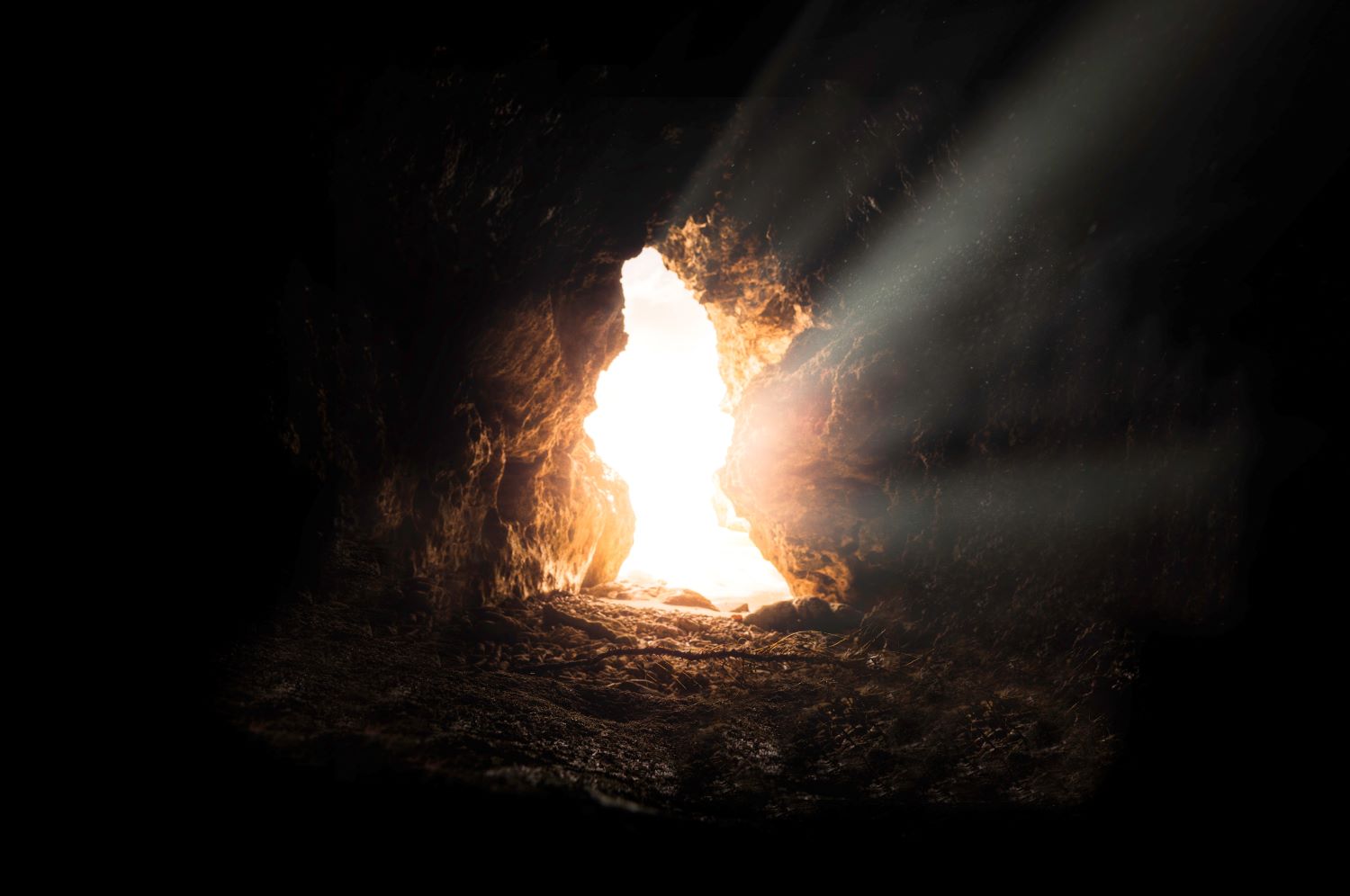Easter Sunday marks the greatest day the world has ever known. It is the most glorious day for the Church; the most significant day for all of humanity; the most beautiful day for all of creation. To regard it as any less is to underestimate its gravity for our life today and underappreciate its glory for our life to come. The resurrection of Jesus Christ is the sunrise of our existence. Its light has broken into the prevailing darkness, illuminating the new creation that abounds before us in truth, goodness, and beauty. Easter Sunday is the culmination of the entire year, for it is the culmination for all human history––all previous days lead up to its celebration and all subsequent days flow out of it. Let us thus celebrate this day in proportion to what it actually means for our lives.
The resurrection reveals three blessed truths that should orient our hearts to celebrate his grace, goodness, and glory:
First, Jesus has defeated death. Paul says that Jesus “abolished death and brought life and immortality to light through the gospel” (2 Tim. 1:10). To “abolish” death means that Jesus has defeated it, rendered it useless, taken away its power. Without the defeat of death through Jesus’ resurrection, our faith would be futile and we would still be in our sins (1 Cor. 15:17–18). But because Jesus has conquered death, our faith has meaning and our sins are fully atoned, for Christ Jesus is the victorious king who has successfully ransomed all those who put their trust in him.
Second, Jesus has prepared a full resurrected life for us for eternity. Although there are people throughout Scripture who died and were “brought back to life” (i.e., Lazarus), what happens with Jesus is entirely different. Jesus’ resurrection is an altogether different category. Whereas Lazarus was brought back to life only to die later on, Jesus’ resurrection signifies a new body designed to flourish in the New Heavens and the New Earth. And this new resurrected body is what is in store for all those whose “citizenship is in heaven,” for from it “we await a Savior, the Lord Jesus Christ, who will transform our lowly body to be like his glorious body” (Phil. 3:20–21). For this reason, Jesus’ resurrection is called the “First Fruits” of the new creation (1 Cor. 15:20), for which we await our becoming fully human like Jesus Christ for all eternity. This is the hope to which we have been called.
Third, Jesus has called us live in light of the resurrection today. The essential hope of followers of Jesus is not merely “go to heaven” when we die. Undoubtedly, to be absent from the body and to be present with the Lord at death is a comfort, but it is not our ultimate goal for life. Our true aim is to participate fully in God’s reconciliation of Heaven and Earth, where we may faithfully worship God in perfect fellowship in the final resurrection. What this means for us today is that all that we do here and now in this life anticipates what we will do in the life to come. After all of Paul’s reflection on the significance of our resurrection with Christ, he gives the Church a most practical exhortation for how we are to live today: “Therefore, my beloved brothers, be steadfast, immovable, always abounding in the work of the Lord, knowing that in the Lord your labor is not in vain” (1 Cor. 15:58). The resurrection means that all labor that is devoted to the Lord, here and now, is meaningful. As N.T. Wright explains,
What you do in the present––by painting, preaching, singing, sewing, teaching, building hospitals, digging wells, campaigning for justice, writing poems, caring for the needy, loving your neighbor as yourself––will last into God’s future. These activities are not simply ways of making the present life a little less beastly, a little more bearable, until the day when we leave it behind altogether…They are part of what we may call building for God’s kingdom.[1]
The reality of the resurrection of Jesus Christ gives us hope for our future glory with the Lord just as it gives us meaning for our work unto the Lord today.
But today, as long as it is called “today,” let us rejoice and celebrate and feast, for the Lord is risen.
He is risen indeed.
Graham Michael is an academic tutor for the BibleMesh Institute and chairs the history department at St. David’s School in Raleigh, North Carolina.
[1] N.T. Wright, Surprised by Hope: Rethinking Heaven, the Resurrection, and the Mission of the Church (New York: HarperOne, 2008), 193.
